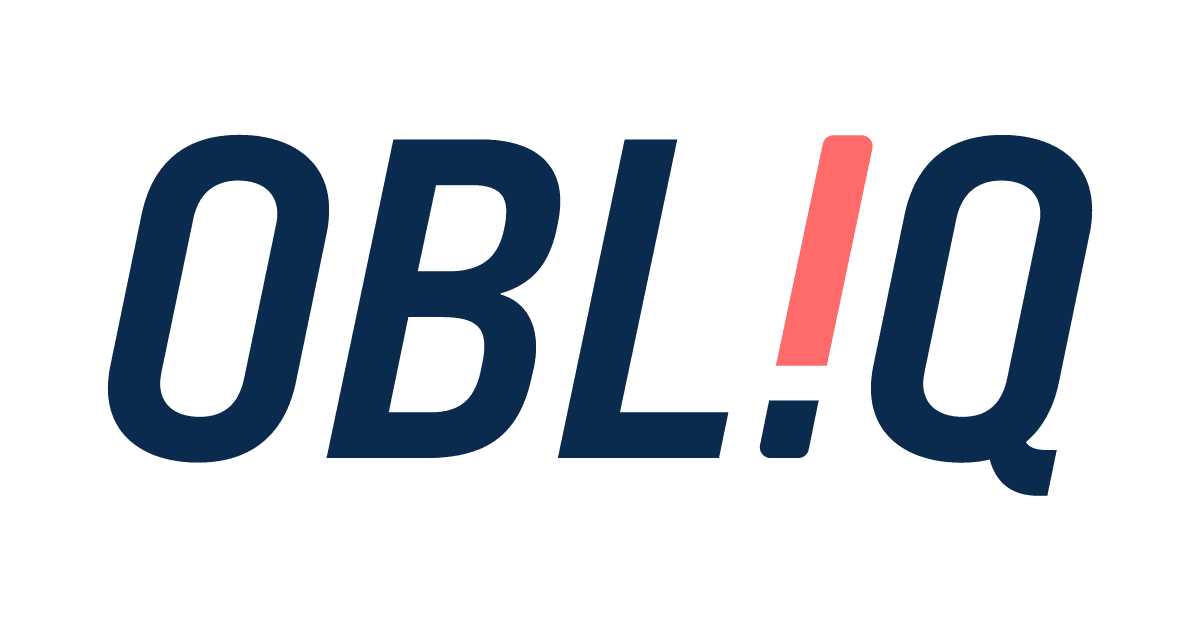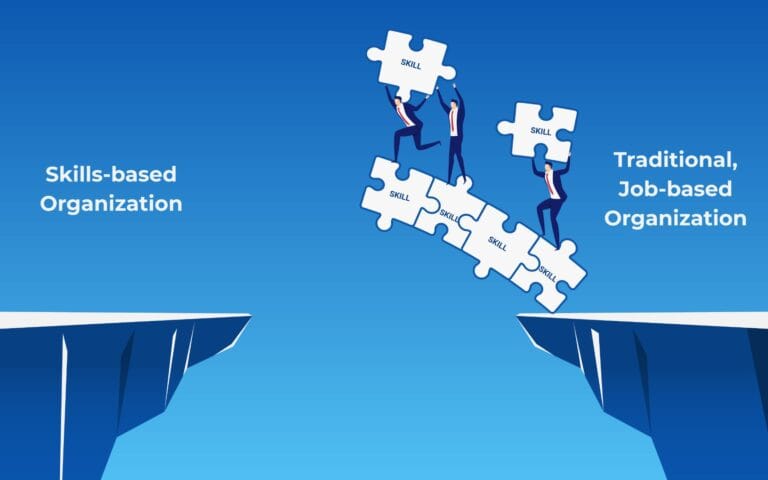For years, the conversation around hiring has been trapped in a repetitive loop: “Is the college degree dead?” While headlines chased the debate, a more sophisticated reality was taking shape in the strategies of forward-thinking companies and the choices of ambitious learners. The discussion is no longer about replacement; it’s about enhancement. We’ve moved beyond the binary of degrees versus skills and entered the era of the power combination: the powerful synergy of foundational knowledge, often from a degree, with the specific, verifiable skills demonstrated by micro-credentials.
This combination has become the new gold standard for signaling real-world capability and future potential. It tells a more complete story of a candidate’s value, blending the critical thinking and learning agility cultivated by a degree with the immediate, applicable expertise that modern roles demand. For leaders focused on talent acquisition and building a resilient workforce, understanding and leveraging this new power dynamic is no longer an option—it’s a competitive imperative.
The Undeniable Shift: Why Verifiable Skills are the New Currency
The move toward skills-based hiring is not a future trend; it’s a present-day reality transforming how organizations find and develop talent. This isn’t just a philosophical shift; it’s a practical response to a dynamic economy where job roles evolve faster than traditional curricula can adapt. In 2023, approximately 73% of organizations utilized skills-based hiring, with a significant portion having adopted the practice within the last year.
In this environment, alternative credentials have emerged as the essential tool for validating a candidate’s specific capabilities. The data on their impact is compelling:
The Employer View: Micro-Credentials Drive Hiring
Key statistics show overwhelming employer support for verifiable skills.
96%
of employers believe a micro-credential enhances a job application.
85%
are more inclined to hire a candidate who holds a micro-credential.
87%
have hired at least one person with a micro-credential in the past year.
- A staggering 96% of employers believe that a micro-credential enhances a candidate’s job application.
- 85% are more inclined to hire a candidate who holds one.
- The proof is in practice, with nearly 87% of employers globally having hired at least one individual with a micro-credential in the past year.
Navigating this changing landscape requires more than just updating job descriptions; it demands a new, integrated approach to your overall Talent Development & Leadership Strategy, one that recognizes that the very nature of work is changing.
The Business Case: Tangible ROI and Competitive Advantage
For C-suite executives and VPs, the adoption of this power combination translates directly into measurable business outcomes. The value isn’t just perceived; it’s reflected on the bottom line. Companies are not only recognizing these credentials—they are rewarding them. A full 90% of companies are prepared to offer higher starting salaries, often by 10-15% more, to candidates who pair micro-credentials with their educational background.
The benefits extend well beyond the initial hire into long-term productivity and engagement.
The Clear ROI of Skills-Based Hiring
Hiring candidates with micro-credentials delivers measurable financial and productivity gains.
90%
of companies offer a 10-15% higher salary to candidates with micro-credentials.
90%
of employers see a 10-30% reduction in first-year training costs and faster productivity.
28%
of early-career professionals received a pay raise or promotion after earning a micro-credential.
- Reduced Training Costs: Employers report that hires with micro-credentials require less training, with 90% of companies seeing a 10-30% reduction in first-year training costs.
- Accelerated Career Growth: The impact is clear for employees as well. Among early-career professionals, 28% received a pay raise and 21% were promoted as a direct result of completing a micro-credential.
- A Signal of Initiative: Beyond specific skills, these credentials signal a crucial trait. 95% of organizational leaders acknowledge that micro-credentials demonstrate an employee’s willingness to learn and develop their skills—a key indicator of a growth mindset.
As globally recognized HR analyst Josh Bersin states, the context for this shift is profound:
“We’ve entered a skills-based economy… ongoing skill development now outweighs traditional indicators like degrees and tenure.”
This focus on continuous, demonstrable skill is the key to unlocking higher performance and de-risking the talent pipeline in an age of constant disruption.
Beyond Recruitment: Building a Future-Ready Workforce from Within
The true power of a skills-first approach is realized when it moves from an external hiring tactic to a core component of your internal talent strategy. The World Economic Forum projects that nearly 39% of an employee’s existing skills will be outdated by 2030, making continuous upskilling a mission-critical function.
By encouraging and recognizing micro-credentials internally, organizations can build a more agile and transparent workforce. As a report from PwC notes:
“A skills-based approach creates transparency around workforce capabilities, empowering organizations to make smarter talent decisions and enable employees to navigate their career paths with clarity. This not only drives agility and innovation but also strengthens organizational resilience and future-readiness.”
This strategy is foundational to success. It requires a forward-thinking approach to Organizational Readiness & Design, creating a structure where skills are visible, valued, and strategically developed. By investing in Custom Learning & Performance Solutions that integrate micro-credentials, leaders can empower employees to build relevant skills, fostering a culture of perpetual growth and ensuring the entire organization is prepared for what’s next.
The New Educational Ecosystem in Action
This symbiotic relationship between degrees and micro-credentials is not just a theory; it is being actively built and proven by leading institutions and corporations worldwide.
The Stackable Credentials Pathway
How students combine degrees with industry-recognized skills for a competitive edge.
Start Degree
Student enrolls in a B.A. program at a university, building foundational knowledge.
Earn First Credential
Embeds a Google Project Management certificate directly into their coursework.
Add Specialized Skills
Completes a for-credit Data Analytics micro-credential from the university.
Graduate Job-Ready
Graduates with a degree AND a portfolio of in-demand, verifiable skills.
University and Corporate Pioneers
Higher education is rapidly adapting. The University of Texas System, through its “Texas Credentials for the Future” initiative, embeds industry certificates from partners like Google directly into undergraduate programs, measurably improving job placement rates for its graduates. This is part of a larger trend: a 2024 Coursera report found that 87% of higher education leaders believe students with micro-credentials are more job-ready at graduation.
At the same time, top companies are redesigning their talent pipelines. IBM’s pioneering “New Collar” initiative removed degree requirements for about half of its U.S. roles, instead investing heavily in its own digital badge credentials to verify skills in areas like AI and cybersecurity. Google has created its own powerful talent pipeline with its Career Certificates program, which now has a consortium of over 150 companies that value the certificates for relevant roles. These companies aren’t ignoring degrees, but they are prioritizing verifiable ability—a standard that the degree-plus-credential combination meets perfectly.
A Wave of Global Momentum
This momentum is not confined to the US. In India, the National Credit Framework now formally integrates micro-credentials into mainstream education, allowing students to earn transferable credits toward a degree. Meanwhile, the European Union has established a common framework to ensure the quality and portability of micro-credentials across borders, accelerating their adoption for lifelong learning. This worldwide alignment between industry, government, and education signals a permanent shift in how we define and validate capability.
Your Strategic Path Forward
The conversation has evolved. The most competitive candidates no longer fit a single mold; they present a holistic profile of foundational thinking and validated, job-ready skills. For leaders, the strategic imperative is clear: embrace the power combination. Recognizing the synergy between broad education and specific credentials is the key to attracting elite talent, fostering internal agility, and building a workforce that is not just prepared for the future, but ready to define it.
The journey to a skills-first organization begins with understanding your current capabilities. Mapping your existing talent’s skills is the first step to building a resilient, future-ready workforce and truly being able to Unlock What’s Next!










